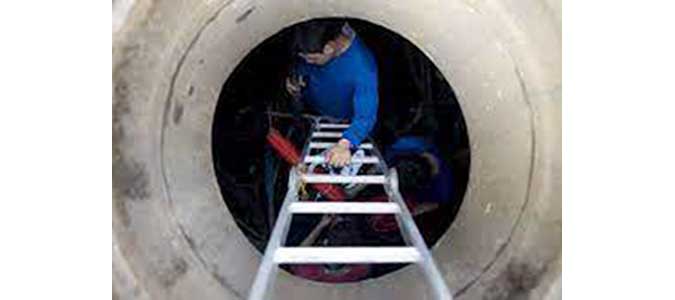ARTA preparing new simplified permit rules for laying telco fiber

THE ANTI-RED Tape Authority (ARTA) is considering proposing new rules that would speed up the issuing of permits for telecommunications underground works.
The agency said that a draft joint memorandum circular could streamline permits for the installation of poles, excavation to lay down underground fiber ducts, and the attachment of aerial and underground broadband cables on physical infrastructure.
The draft has been discussed in a meeting with the Department of Information and Communications Technology and the World Bank Group, ARTA said in a statement Wednesday.
The proposed circular will add to the telecommunications permit-streamlining guidelines currently in force. ARTA has been releasing guidelines on streamlining pending and new applications for the construction, repair, and maintenance of telco infrastructure since last year.
Since the original joint circular signed by various government agencies in July 2020, more than 26,000 pending telecommunications permits have been released.
“It has also decreased the number of permits needed from 13 to 8, documentary requirements from 86 to 15, and length of time for processing from 241 days to 16 days,” the agency said.
ARTA plans to meet with local government units to discuss concerns on telecommunications cable-laying and pole installation, and it will also meet with engineering and cable groups.
Meanwhile, ARTA said that it is planning to discuss the anti-competitive practices of developers that limit the internet providers available to subdivision and condominium residents with the Philippine Competition Commission (PCC) and the Department of Human Settlements and Urban Development.
The PCC has been looking into complaints about alleged attempts by development property owners to limit internet access to a single or in-house provider.
The competition regulator in the first abuse of dominance case in the country levied a P27.11-million fine against Urban Deca Homes Manila Condominium Corp. and parent company 8990 Holdings, Inc. in 2019 after the housing developer required unit owners and tenants to sign up with a preferred internet service provider. — Jenina P. Ibañez



